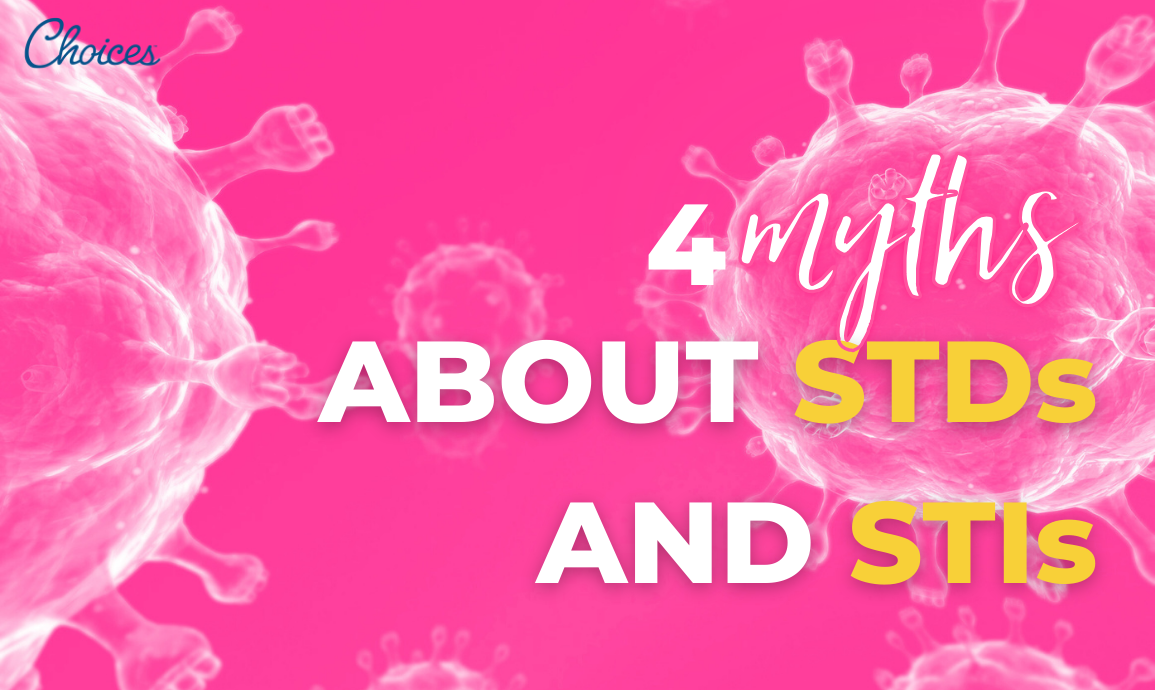In an era dominated by hookup culture and casual sex, the global prevalence of sexually transmitted diseases (STDs) is at an alarming high. Regardless of one’s stance on the morality of engaging in hookup culture, it is universally acknowledged that the risks associated with casual sex are significant.
While most people agree on the heightened risks, some myths have subtly misled many, particularly the younger generation. Unfortunately, there is an abundance of misinformation and unreported facts. In this article, we’ll dispel four common myths surrounding STDs.
Myth #1: Safe Sex Will Protect Me From STDs
One prevailing myth is the belief that practicing “safe sex” is a foolproof method to guard against STDs. Safe sex is often promoted in sex education programs and endorsed by pro-abortion institutions such as Planned Parenthood. However, the truth is that, apart from a committed, monogamous marriage, there is no such thing as completely safe sex. Condoms, commonly promoted as a reliable form of protection, have their limitations, rendering them an unreliable barrier against many STDs.
Myth #2: Limiting Partners Guarantees Safety
Another commonly held belief is that reducing the number of sexual partners automatically reduces the risk of contracting STDs. While having fewer partners may decrease the likelihood of exposure, it only takes one sexual encounter to result in an unintended pregnancy or a potentially life-threatening infection.
The importance of saving sex for marriage cannot be overstated, as a faithful and monogamous relationship within a marriage significantly reduces the risk of STD transmission. If you are married, and both you and your spouse refrain from engaging in sexual activity until your wedding day, maintaining complete fidelity after that, the risk is virtually nonexistent.
Myth #3: Avoiding Sexually Casual Partners Ensures Safety
It is tempting to believe that steering clear of individuals with a history of casual sexual encounters ensures safety. However, the reality is more complex. People may be unwilling to disclose their entire sexual history, and it is impossible to verify the accuracy of their claims. From an infectious disease standpoint, each sexual contact extends beyond the individual to all their previous partners and their partners’ partners. Complicating matters further, many carriers of STDs may be asymptomatic, which means they have no idea that they may be carrying an STD and can unknowingly transmit an infection to any of their future partners.
Myth #4: Monogamy Outside of Marriage Equals Safety
With the decline in marriage rates and the rise of the sexual revolution, some believe that maintaining a monogamous relationship outside of marriage provides a shield against STDs. Unfortunately, any sexual activity outside the bounds of marriage exposes individuals to risks, as it lacks the commitment that will confine an individual to a one-lifetime partner, even if that person is faithful during your current relationship. As marriage rates decline, STD rates reach unprecedented levels, highlighting the adverse consequences of deviating from God’s design for sex to be enjoyed only within a committed marriage.
This can be easily demonstrated. In 1983, there were no documented cases of chlamydia. However, in 1984, the CDC registered 7,594 cases across the nation. Despite 32 years of prevention initiatives, reported cases of chlamydia infections surged to a record-breaking 1,526,658 in 2015, marking a staggering increase of 20,103% from 1984.
As the sexual revolution gains momentum, casual sex outside of marriage is frequently celebrated as a symbol of liberation. However, the poignant truth remains that since God created sex to be reserved for the institution of marriage, those who engage in extramarital relations often encounter both physical and emotional repercussions. STDs are just one of those repercussions.
Navigating the world of sexual health can be overwhelming sometimes, particularly if you are not empowered with important information. At Choices Pregnancy Centers, we offer sexual health and relationship classes, low-cost STD testing, free pregnancy testing, free ultrasounds, and many more services. Visit our website or make an appointment with us today!







